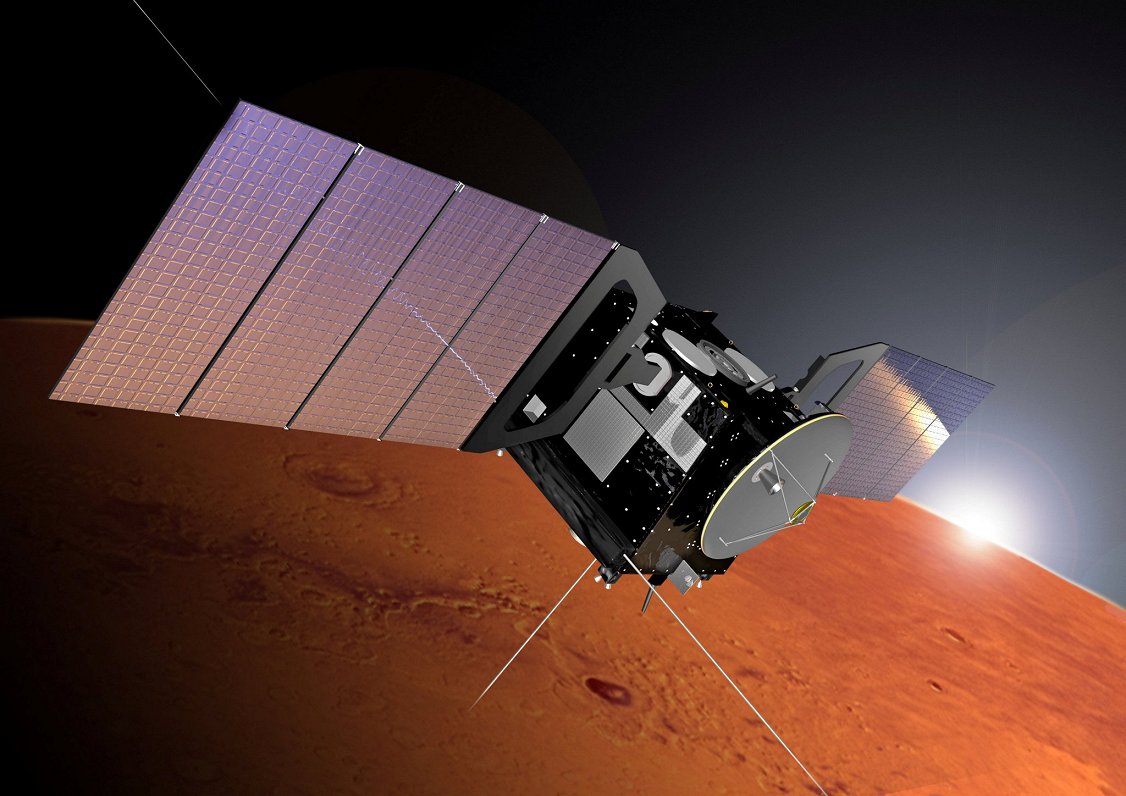Over the next five years, the programme aims to support 12 startups, each receiving €60,000 in funding, along with mentorship, consultations, and other forms of support.
To qualify, startups must have a minimum viable product and a clear market strategy. Evaluation meetings take place twice a year, but applications are accepted at any time. The next evaluation meeting is scheduled to take place this summer.
Last year, as reported by Labs of Latvia, with the launch of the ESA Business Incubation Centre ESA BIC Latvia, Latvia joined the European Space Agency’s incubation network. The incubator is managed and implemented by Komercializācijas Reaktors, which won the European Space Agency’s public tender.
“With ESA BIC Latvia, our country is entering the European space ecosystem elite. This initiative gives our startups access to a world-class growth and innovation platform,” said Nikolajs Adamovičs, founder and Chairman of Komercializācijas Reaktors.
According to Ļevs Lapkis, Head of ESA BIC Latvia, the centre’s mission is to create a sustainable space startup community, positioning Latvia as a science-driven economy with a strong focus on space industries.
“You don’t have to think about launching rockets or building satellites immediately. There is strong demand for new materials, components, space mission services, and satellite data applications for economic development,” explained Lapkis.
Angelīna Bekasova, senior expert in space and innovation policy at the Ministry of Economics, believes that this initiative will create new companies, jobs, and exports in Latvia.
Citing ESA data, she highlighted that every euro invested in space programmes attracts an additional €2.80 in investment, while direct and indirect revenues reach €7.20, with 49% coming from exports.
“Although some may view space merely as a trend, it is actually a crucial and rapidly growing sector of the economy. Timely support for space industry development, such as joining ESA’s Business Incubation Network, allows us to play an active role in space technology development instead of just watching others take the lead,” said Bekasova.
Although ESA’s Business Incubation Centres have been operating for over 20 years, Latvia only recently got the opportunity to establish its own. Latvia was first required to become an associate member of ESA, which it did in 2020.
In 2023, following a request from Latvia’s Ministry of Education and Science and the Ministry of Economics, ESA launched a competition to establish ESA BIC Latvia.
Over the past two decades, ESA’s incubation centres have helped over 1,700 startups to develop.
Select text and press Ctrl+Enter to send a suggested correction to the editor
Select text and press Report a mistake to send a suggested correction to the editor
Tell us about a mistake
